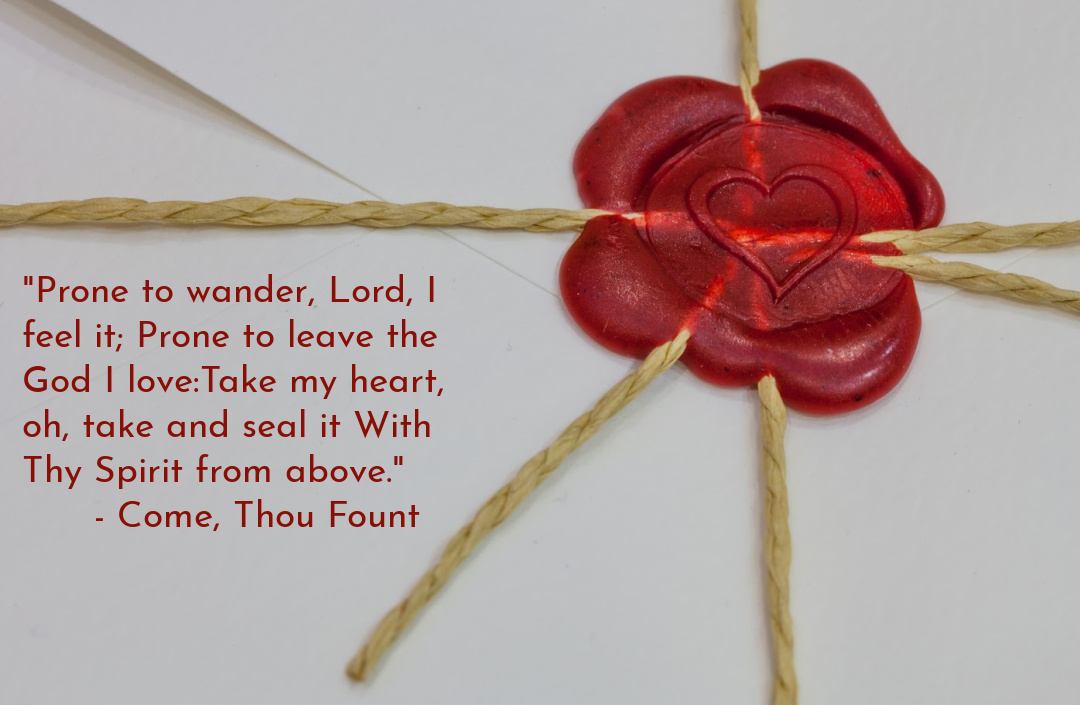In listening to as many podcasts as I do in my role as Professional Podcast Consumer (not really, but doesn’t that sound fun?), it’s interesting to note various trends across the platforms. There are topics and themes that circulate, of course, but there are also more subtle commonalities, such as vocal tendencies and cadences, turns of phrase, trending cultural references, and colloquialisms and slang that appear out of nowhere and suddenly dominate every recorded conversation.
Not long ago, it seemed that almost every podcaster or interviewee was using the phrase “up and to the right.” It’s easy to see how this expression gained steam: it’s one of those references that is entirely self-explanatory, easy to envision, and pertaining to a broad swath of experiences and expectations. In life, most of us have come to expect that things are and always will be trending up and to the right: personally, professionally, relationally—we anticipate regular and consistent growth and improvement. Looking beyond ourselves, we expect that the world/culture, too, will gradually but predictably be advancing, with humankind increasing in intelligence, kindness, and capacity for whatever comes our way.

Unfortunately, “up and to the right” is a myth. Life almost never follows this straightforward trajectory; even paths that generally trend upwards and forwards meander, zigging down and back and up and down and forward and back again. Nowhere is this more apparent to me than in my personal growth and faith life.
A chapter in my recent study of the Divided Kingdom addressed this very pattern: “None of us could graph our walk with the Lord as a straight upward line. Despite the moments we shine and the times we falter, the overall course of our spiritual life is quite revealing.” The authors of the study went on to say that in spite of some zigs and zags, the goal is to be basically headed on the right path, a path they describe as “directionally correct.”
In Scripture, we are given numerous examples of saints whose spiritual lives follow directionally correct paths with lives marked by setback but still trending in the right direction. One such individual whose story I examined in my Divided Kingdom study is Asa, the third king of the Kingdom of Judah who lived in the ninth century BC. Unlike many of the rulers who came before and after him, Asa was a good king who “did what was good and right in the eyes of the Lord his God” (2 Chronicles 14:2). In his 41 years as ruler, Asa brought spiritual reforms to the kingdom of Judah, responding to challenges with prayer and leading his nation in a unified declaration of commitment to God.
The overall trajectory for Asa was a positive one. But near the end of his reign, Asa made some big mistakes: in his 36th year as king, conflict came to Judah, and Asa turned to the help of pagan nations rather than seeking assistance from God. Then, when a prophet was sent to offer a message of corrective discipline, Asa grew angry that his decisions were being challenged. Shortly afterwards, when disease came to Asa, he looked only to physicians for help and not to God. In spite of this disappointing end to his rule, though, Asa is still seen as a good and godly ruler.
Asa’s lapses in judgment and righteousness serve as a powerful reminder that we must remain wholeheartedly comitted to the Lord if we hope to stay on our own paths of correct direction. On our own, we are all prone to wander, to leave the One we love. To quote my BSF study again, “life’s challenges can cause genuine faith to temporarily falter. No believer offers wholehearted commitment at every moment. Faith, however, remains grounded and secured by God’s faithfulness, not our own.”

I am so grateful that my life’s direction is not dependent on my own stamina or performance. Because of sin, I will stumble and fall backwards; but because of God’s grace and mercy, I am equipped to walk faithfully with Him over my lifetime. When I stay actively engaged in relationship with Him, I can trust that He will continue to carry me up and to the right: I will not tumble backwards, I will not spiral infinitely downward, I will not stall out when I have chosen to depend fully on Him.
God’s faithfulness is unwavering. He pursues us relentlessly, gently guiding us to repentance when we fall astray, opening our eyes to His truth and His ways. His love is abundant and overflowing; we are undeserving of His devotion, but HE IS FAITHFUL to guide us ever upwards towards Him.